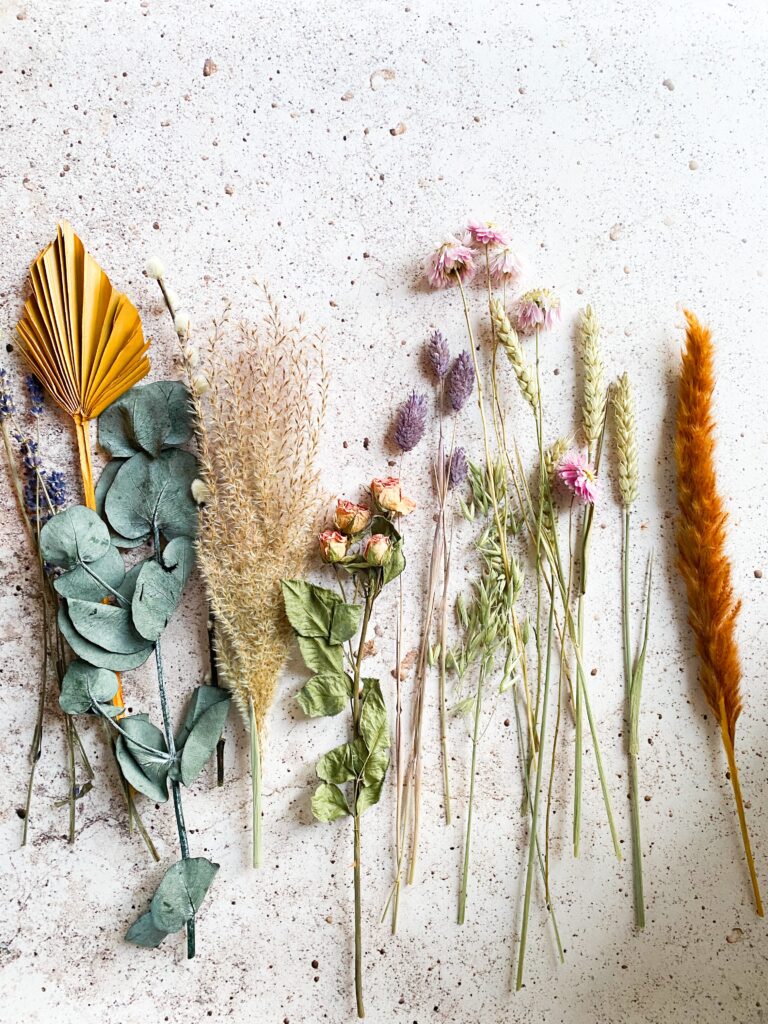Can Herbal Medicine Navigate the Delicate Balance of Pregnancy?

Unveiling the Tapestry of Traditional Asian Medicine
Pregnancy, a time of immense transformation, often inspires a yearning for natural solutions. Traditional Asian medicine (TAM), encompassing diverse practices like Ayurveda, Kampo, and Korean herbalism, has thrived for centuries, offering a treasure trove of herbal wisdom. But when embarking on the journey of motherhood, can these ancient remedies harmonize with a woman’s evolving needs?
Dr. Kihyon Sohn, a licensed acupuncturist and herbalist in Beaverton, Oregon, sheds light on this intricate relationship. “TAM views pregnancy as a sacred state,” he explains, “where nurturing both mother and child takes precedence.” Drawing upon generations of knowledge, TAM practitioners tailor herbal formulas to address specific pregnancy-related concerns, from morning sickness to anxiety.
Navigating the Labyrinth of Safety Concerns
However, amidst this tapestry of tradition, the question of safety looms large. Unlike pharmaceuticals extensively tested during pregnancy, many herbs lack sufficient research on their potential impact on fetal development. Some potent herbal formulas, documented in books and passed down through generations, aim to prevent miscarriage, while others address its early signs. While understanding individual herbs and their potential interactions is crucial for safe use, import restrictions on herbs with known toxicities in the US help mitigate some risks associated with Traditional Asian Herbs. However, consultation with a qualified herbal medicine practitioner remains essential for personalized guidance and to ensure the appropriateness and safety of these herbs for your specific health needs.
Bridging the Gap Between Tradition and Science
The lack of comprehensive scientific data on herbal safety during pregnancy presents a significant challenge. Dr. Sohn advocates for a collaborative approach where TAM practitioners and conventional healthcare professionals work together. “Open communication and shared knowledge are key,” he asserts. “Pregnant women seeking TAM therapies should always inform their doctor and collaborate with a qualified herbalist experienced in prenatal care.”
Collaboration paves the way for responsible herbal use during pregnancy. By integrating scientific research with TAM’s rich clinical experience, practitioners can develop evidence-based protocols prioritizing maternal and fetal well-being.
Embracing the Wisdom, Prioritizing Safety
While the allure of natural remedies during pregnancy is undeniable, navigating the world of TAM requires prudence and informed choices. Consulting a qualified herbalist well-versed in prenatal care and open communication with your doctor is the cornerstone of a safe and harmonious journey through motherhood. Remember, the ancient wisdom of TAM can offer valuable support during this transformative time, but prioritizing scientific considerations and individual safety must always remain at the forefront.
Ultimately, embracing the delicate balance between tradition and science empowers pregnant women to make informed choices, ensuring their path to motherhood is paved with knowledge, wisdom, and safety.
Our holistic wellness clinic is on Beaverton-Hillsdale Hwy, east of OR 217, making it easy to reach from Beaverton, Aloha, Hillsboro, Tigard, Lake Oswego, NW, and SW Portland. We have on-site parking, a handicap-accessible entrance and restroom, and treatment rooms on the ground floor for everyone’s convenience. Please call us at (503) 404-4567 for a same-day appointment. It’s a good idea to call or book online in advance.